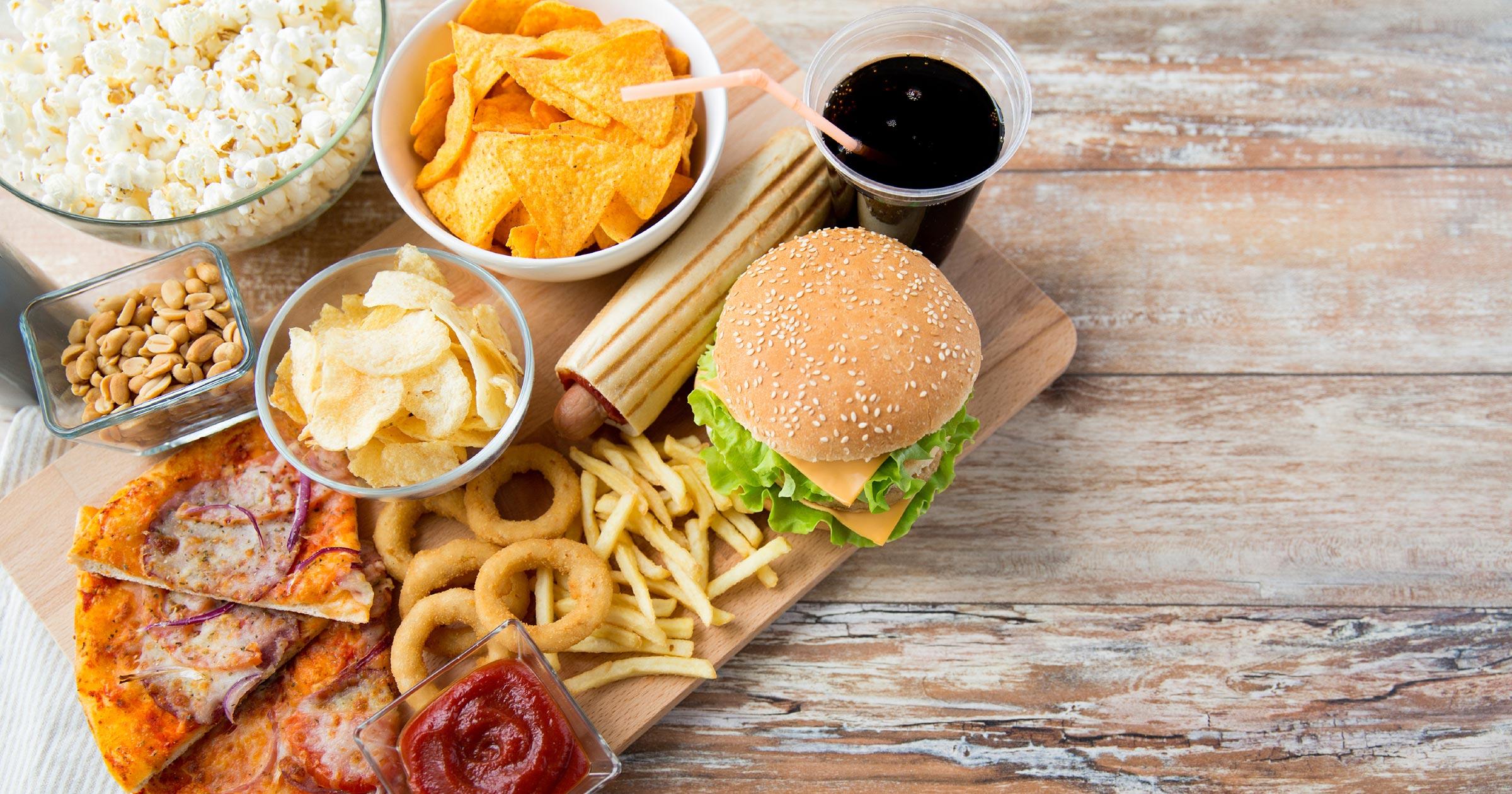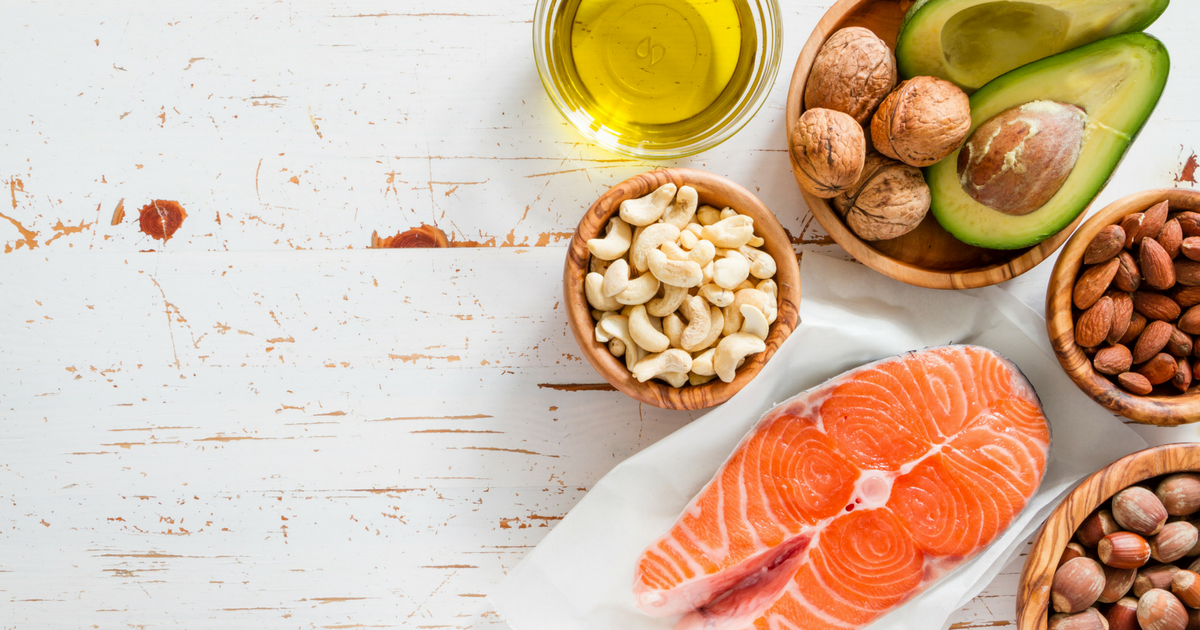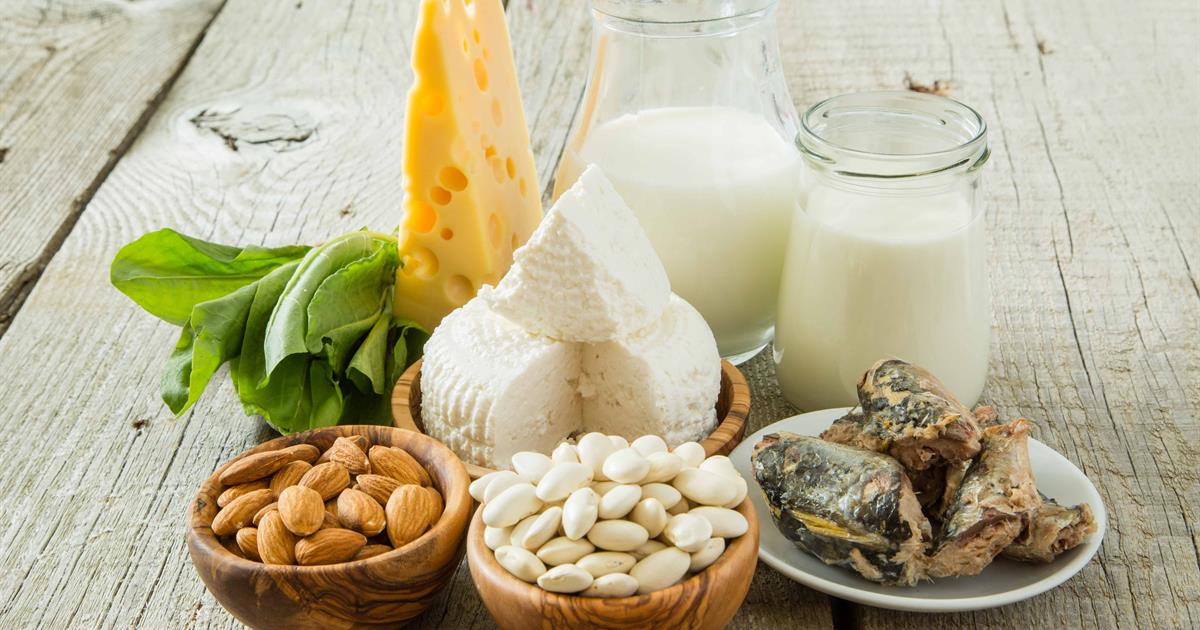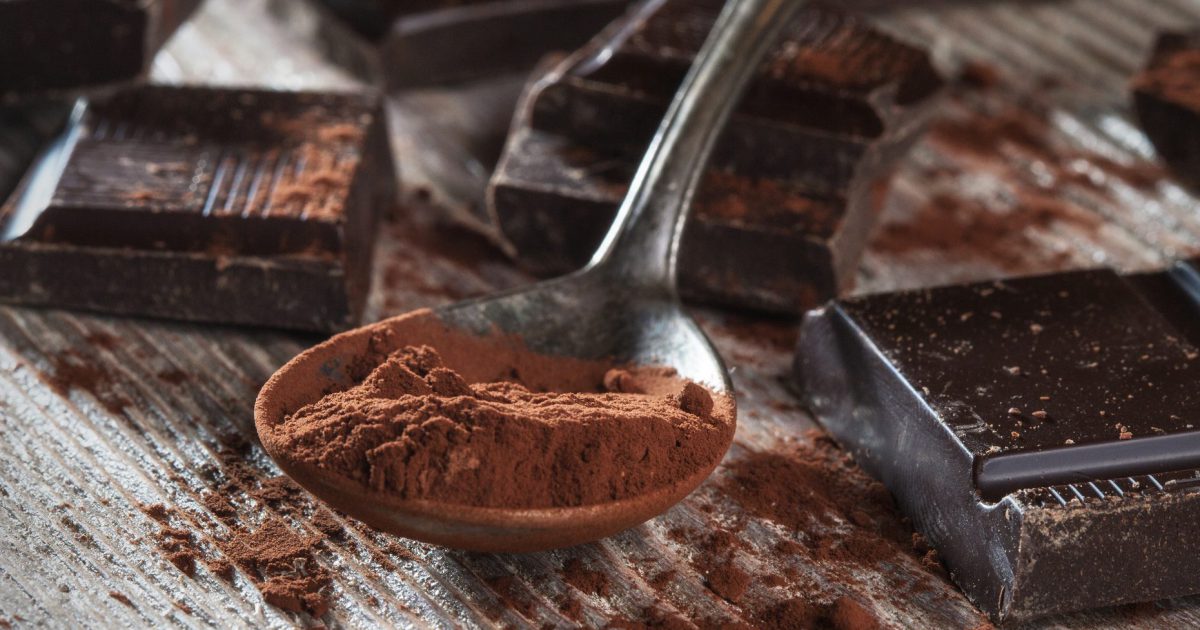Foods To Avoid After Donating Blood
Donating blood is a fairly straightforward process. The entire process takes a little longer than an hour and includes both a health history and a physical to ensure the donor’s good health. Since some conditions and medications can be transmitted through the blood, the doctor will have to check for them before allowing a potential donor to give blood.
Actually drawing blood takes approximately ten minutes. The doctor will use a sterile needle and then bandage the donor’s arm after they have finished drawing blood. The donor will rest for ten to fifteen minutes and enjoy some light refreshments and drinks before leaving.
After giving blood, the donor should drink four eight-ounce glasses of non-alcoholic fluids, and eat iron-rich foods like meat, beans, and dried fruit to replace the iron and liquid lost during the donation. They should also avoid foods like the ones listed below.
Foods With A Lot Of Grease

A blood donor’s body will need readily accessible energy it can use to produce more blood. That’s one reason why blood drives offer snacks and drinks: they want donors to immediately start replenishing the fluids and nutrients they lost while giving blood. Conversely, somebody who has just given blood should avoid foods that take a lot of effort and time for the body to digest, and foods with a lot of grease usually fall into that category. Greasy foods also tend to contain more calories than other foods, so eating a lot of them increases the chances of becoming overweight. A person who fills up on greasy foods rather than healthier foods may even develop nutritional deficiencies for they aren’t getting the vitamins and minerals they need.
Keep reading to discover the next food individuals should avoid after donating blood.
Fatty Foods

Fatty foods have the same problem as greasy foods; they are a lot of trouble for the body to digest. Generally speaking, somebody who has just given blood should concentrate on simple carbohydrates found in fruits like bananas, cherries, grapes, mangoes, and oranges. Conversely, they should avoid anything with a lot of fat or protein, as it takes the body more time and energy to digest these foods. Blood donors should also avoid fatty foods before giving blood, as the fat will interfere with the tests for infectious diseases. This is true even of foods like avocados that contain healthy fats.
Continue reading to reveal more foods to avoid eating after donating blood.
Foods High In Calcium

Foods high in calcium reduce the body’s ability to absorb iron. Since somebody who has just given blood needs to replace the iron they have lost, they should avoid eating high-calcium foods like milk, yogurt, and cheese at the same time they take an iron supplement or eat iron-rich foods. Like iron, vitamin B2 (riboflavin), vitamin B6, and vitamin B9 (folate or folic acid) help the body rebuild red blood cells. A blood donor should, therefore, also eat foods containing these nutrients. Foods rich in vitamin C, such as oranges or grapefruit, can increase the body’s ability to absorb iron from fruits, vegetables, and grains. Milk is admittedly a good source of vitamin B2, so a blood donor should drink it when they aren’t eating anything with a lot of iron.
Keep reading to unveil more foods to avoid eating after donating blood.
Caffeinated Beverages

Caffeinated beverages also reduce the body’s ability to absorb iron. A blood donor should especially avoid coffee and tea because they contain polyphenols, which are compounds that bind with iron during digestion and thus prevent the body from absorbing it. In 1999, researchers tested the effects of various beverages on the body’s ability to absorb iron. They found black tea could inhibit iron absorption by up to ninety-four percent and cocoa could inhibit iron absorption by as much seventy-one percent. The stronger the drink, the less iron the body absorbs. Caffeine is also a diuretic and thus causes the body to lose fluids. It is, therefore, a good idea to avoid caffeinated drinks for at least eight hours after giving blood.
Learn about yet another food to avoid after donating blood.
Excessive Chocolate

Chocolate is yet another food that reduces the body’s ability to absorb iron. There are actually two types of iron, known as heme and non-heme iron. Heme iron comes from foods that contain hemoglobin like meat, fish, and poultry, while non-heme iron comes from plants. The body absorbs heme iron about twice or thrice as efficiently as it does non-heme iron. The body’s capacity for absorbing non-heme iron is also more readily affected by diet than is its ability to absorb heme iron. A blood donor should thus be especially careful to not eat excessive chocolate or calcium-rich foods at the same time they eat spinach, legumes, or other iron-rich plants.